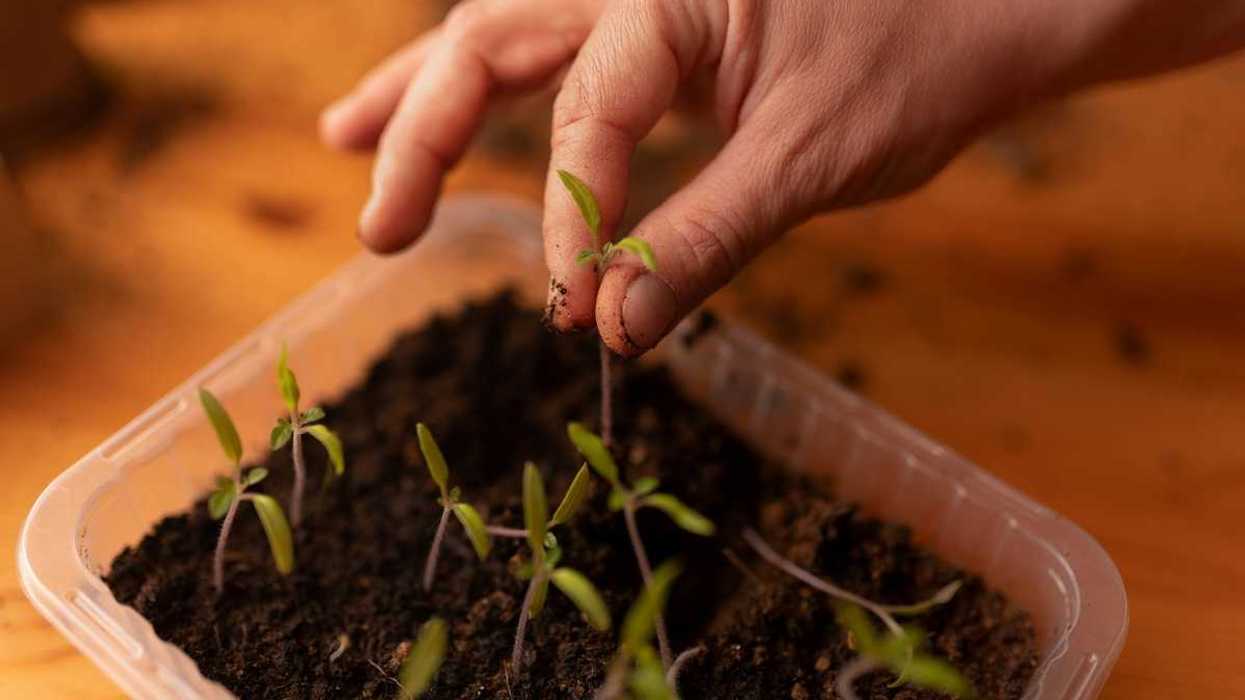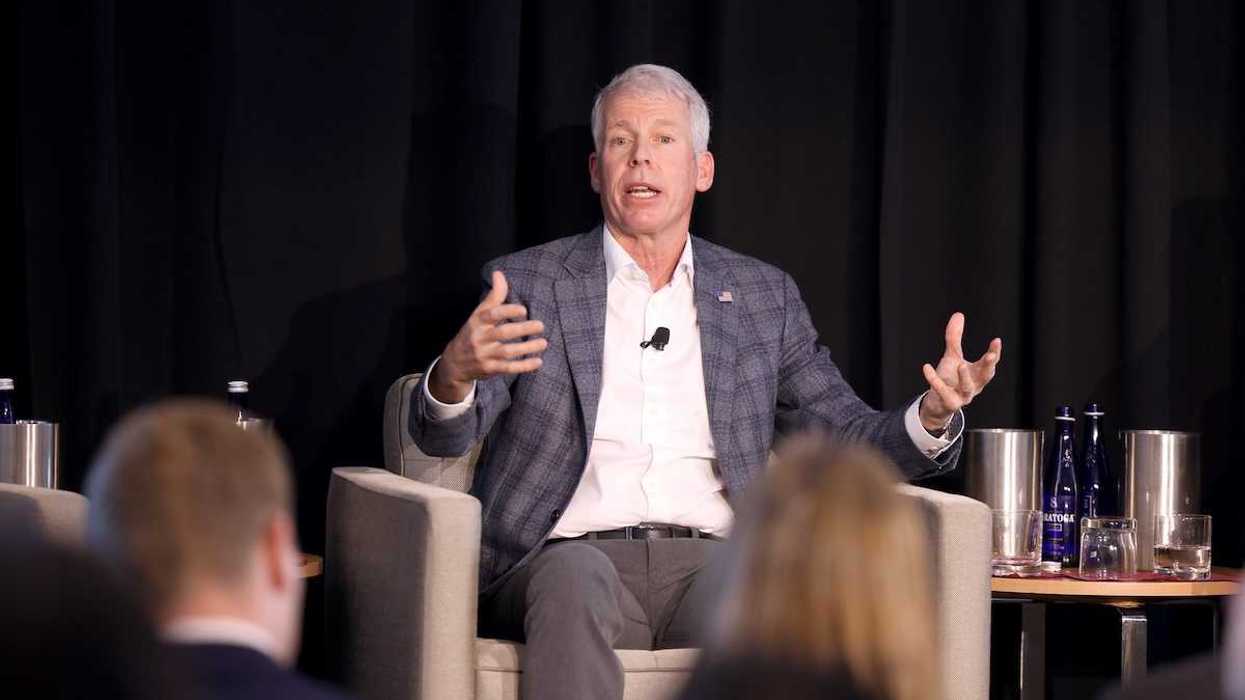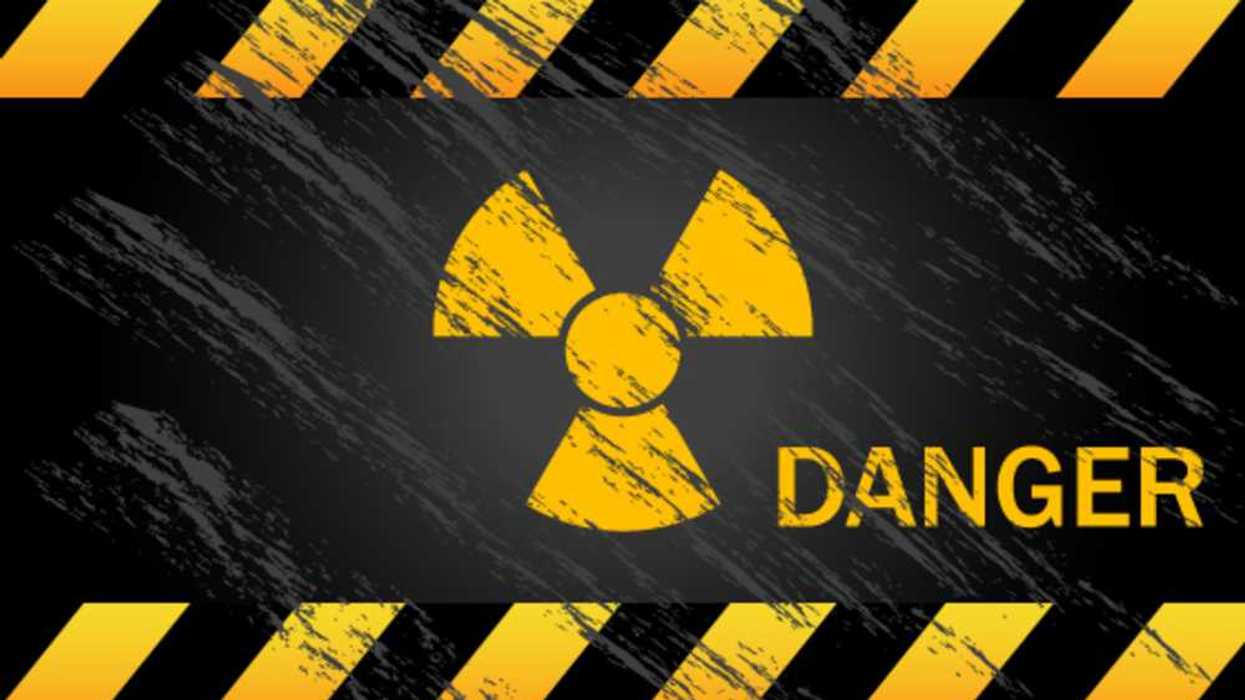Instead of holding the fries—maybe start telling the cashier to hold the receipt.
A report released today found that 93 percent of receipts—collected from January 2017 to April 2017 and coming almost entirely from southeast Michigan near Detroit and Ann Arbor—contained either bisphenol-A (BPA) or its replacement bisphenol-S (BPS).
Researchers from the Ecology Center based in Ann Arbor, Michigan, found BPS was much more prevalent—in 75 percent of receipts tested—than BPA, which was in 18 percent of the receipts. The report builds on previous studies that found receipts are increasingly being coated with the BPA alternative.
Businesses use thermal paper containing these chemicals because it makes receipts more stable and heat resistant, which allows the paper to run through receipt printers without starting a fire.
Finding either chemical is concerning, as they are both absorbed through the skin and are known hormone disruptors. Properly functioning hormones—which allow our cells and organs to communicate— are critical for metabolism, reproductive and immune systems, brain function and development.
Given their ubiquity, these chemicals are found in most people, however, those handling receipts can have their levels spike.
"For cashiers and other employees it's pretty striking how easily these coatings come off," said co-author of the new report, Gillian Zaharias Miller, a senior scientist at the Ecology Center's Health Stuff program. "[BPA and BPS] are absorbed through the skin and go right into the bloodstream."
In 2014 researchers found BPA in people's urine spiked three times higher after handling receipts for a couple hours. In 2012 New York researchers reported that more than 88 percent of humans' BPS exposure comes from handling receipts.
"We are particularly concerned about the effects of repeated, daily BPS and BPA exposure on young children, pregnant women, and workers who handle thermal paper," Miller and colleagues wrote in their new report. "We encourage all businesses to protect employees and customers by switching to a safer alternative."
There were 167 receipts sent to the Ecology Center from "citizen scientists," Miller said, adding that a couple people sent in receipts while traveling out of state but the bulk came from southeast Michigan. The receipts came from 148 businesses of all types—drugstores, book stores, gas stations, grocery stores, pet stores, bars, restaurants, salons, libraries.
Miller said the sample size wasn't big enough to compare different industries' use of the chemicals, but said BPA was a bit more prevalent (26 percent) in the service sector compared to retail stores (8 percent).
Best Buy, the electronics chain, appears to use an alternative called Pergafast 201, which doesn't contain BPS or BPA. Miller said, while the jury is still out on whether it's bad for our health, the chemical isn't as easily absorbed through the skin.
There was some good news—some receipts had no coatings at all. "We were surprised," Miller said. The coating-free receipts came from two hardware stores in Detroit and Culvers Restaurant.
















